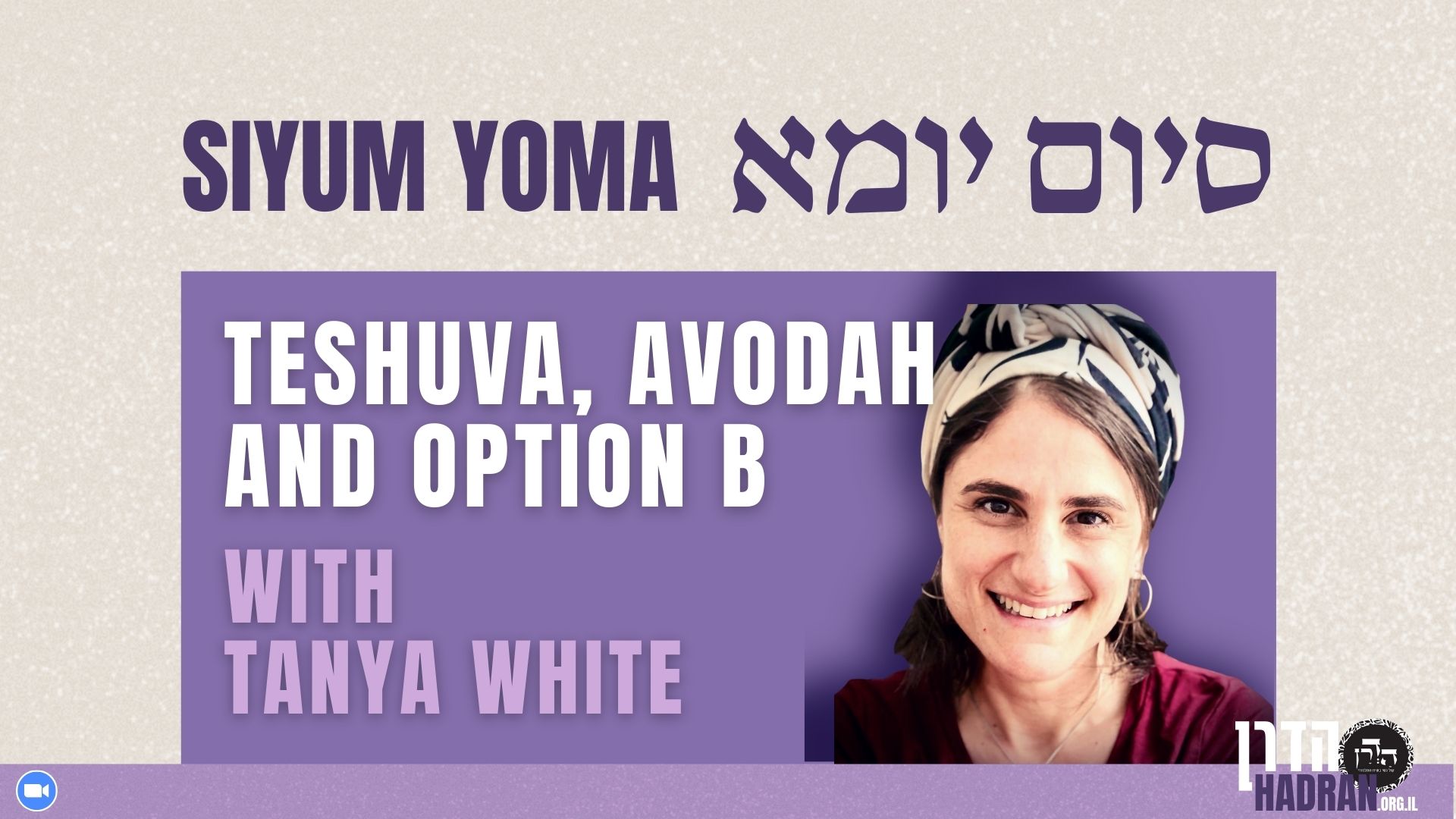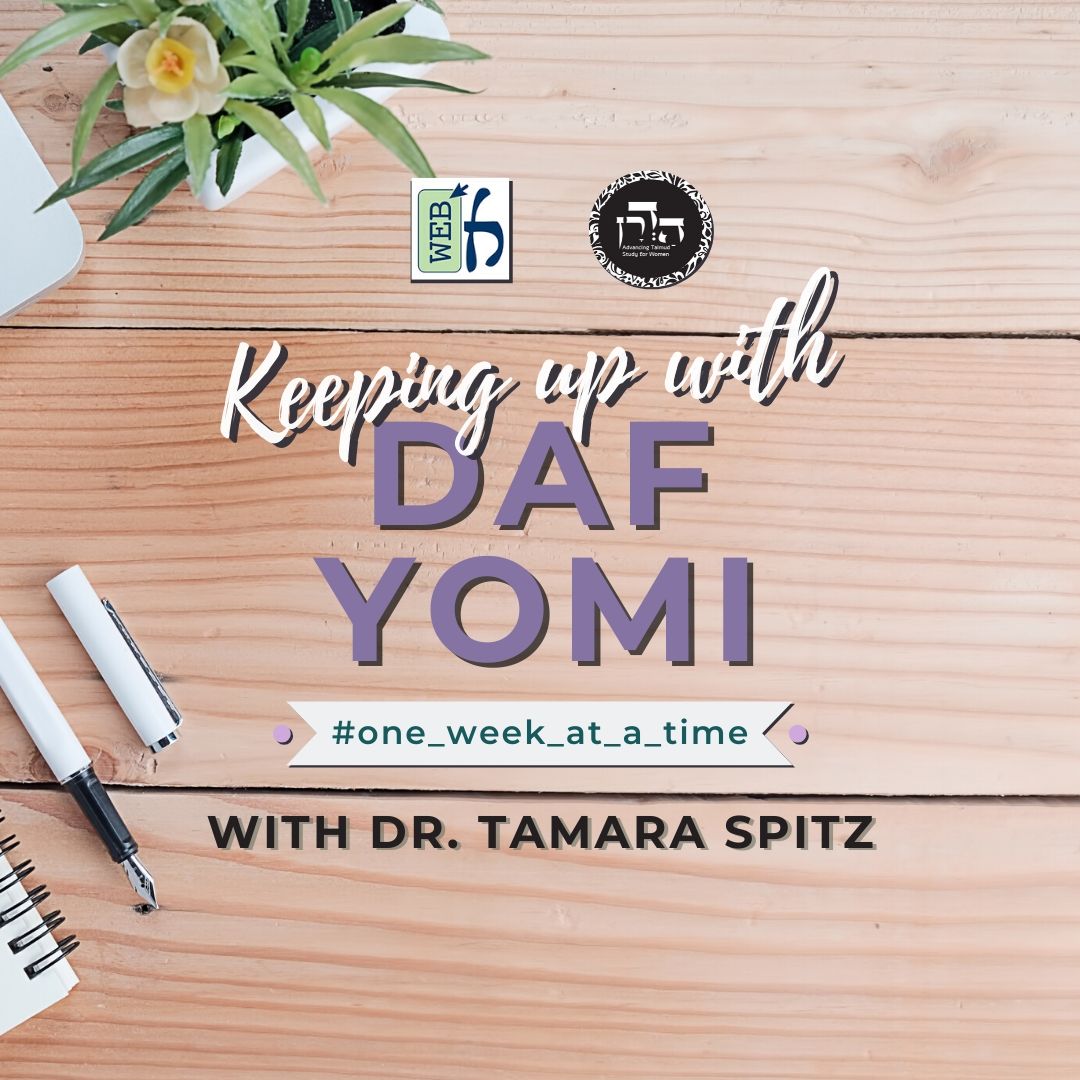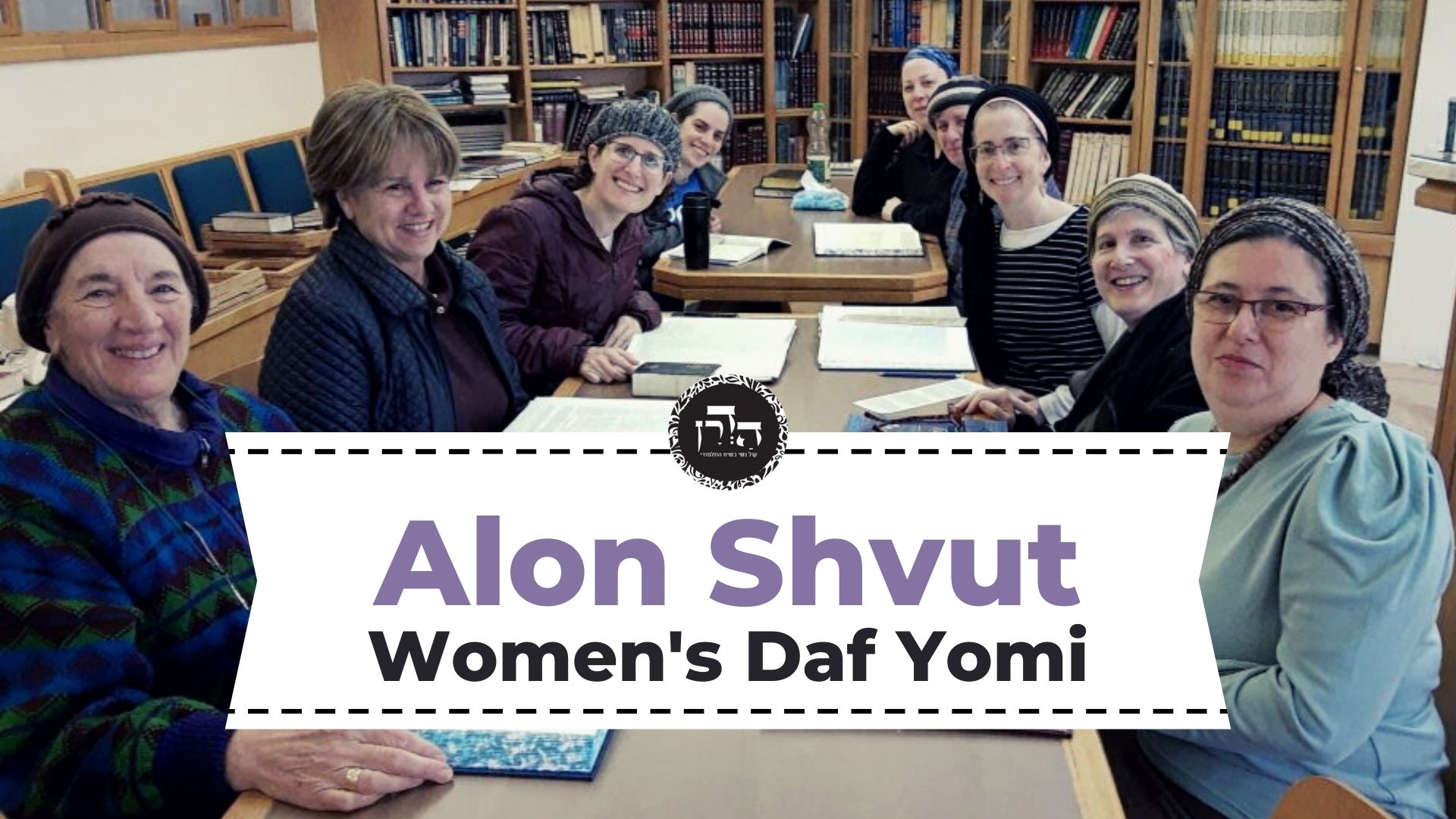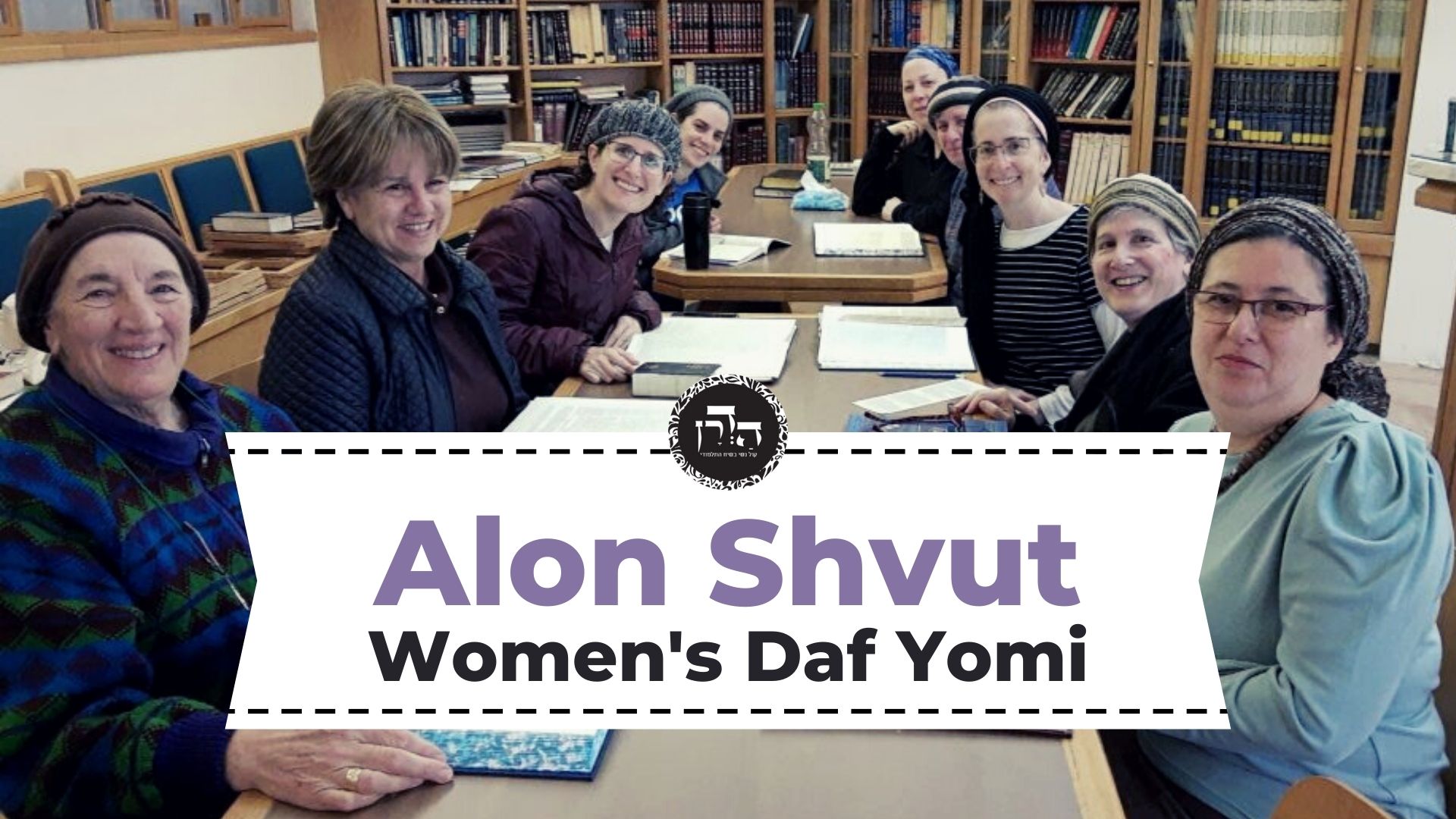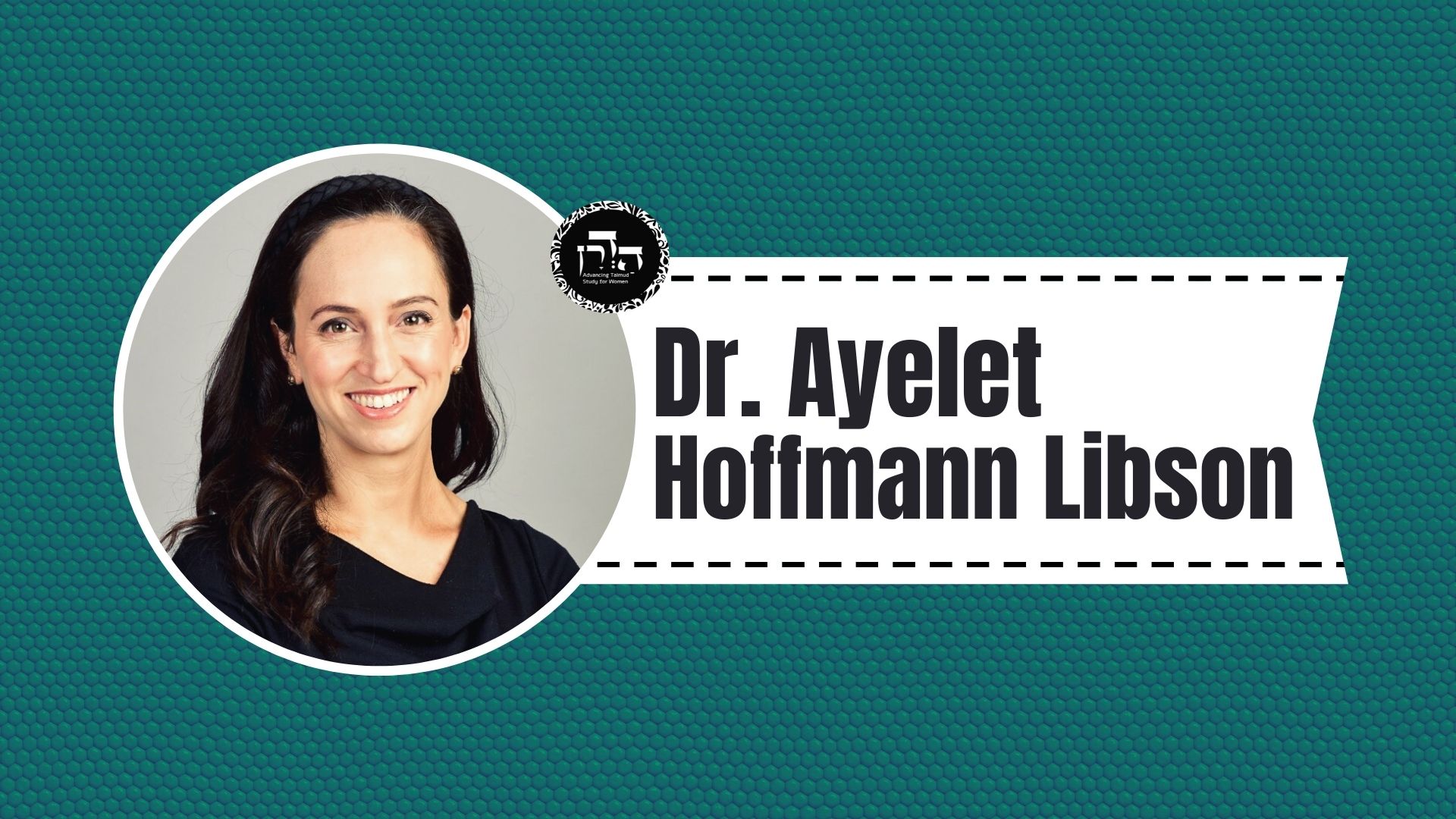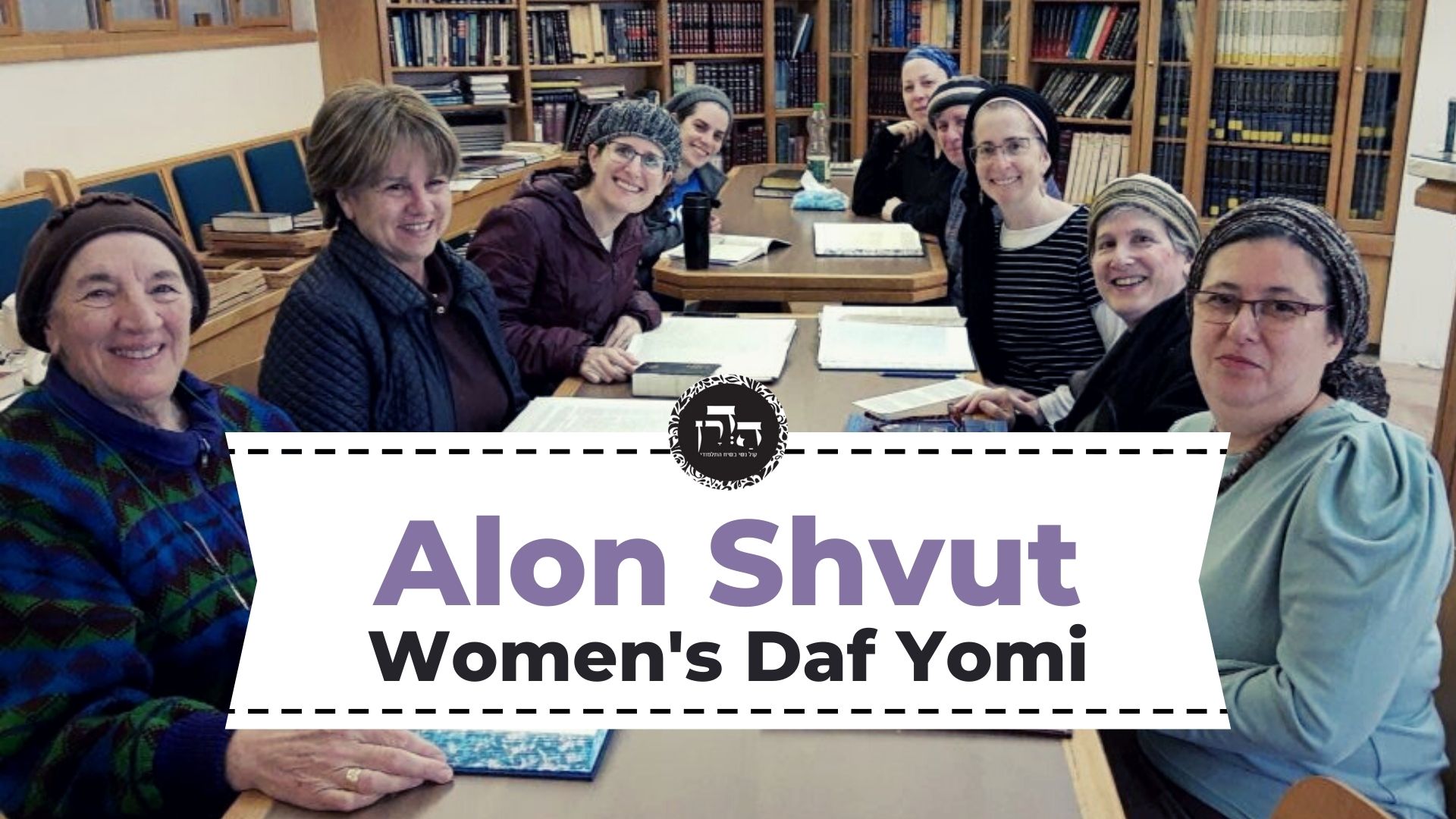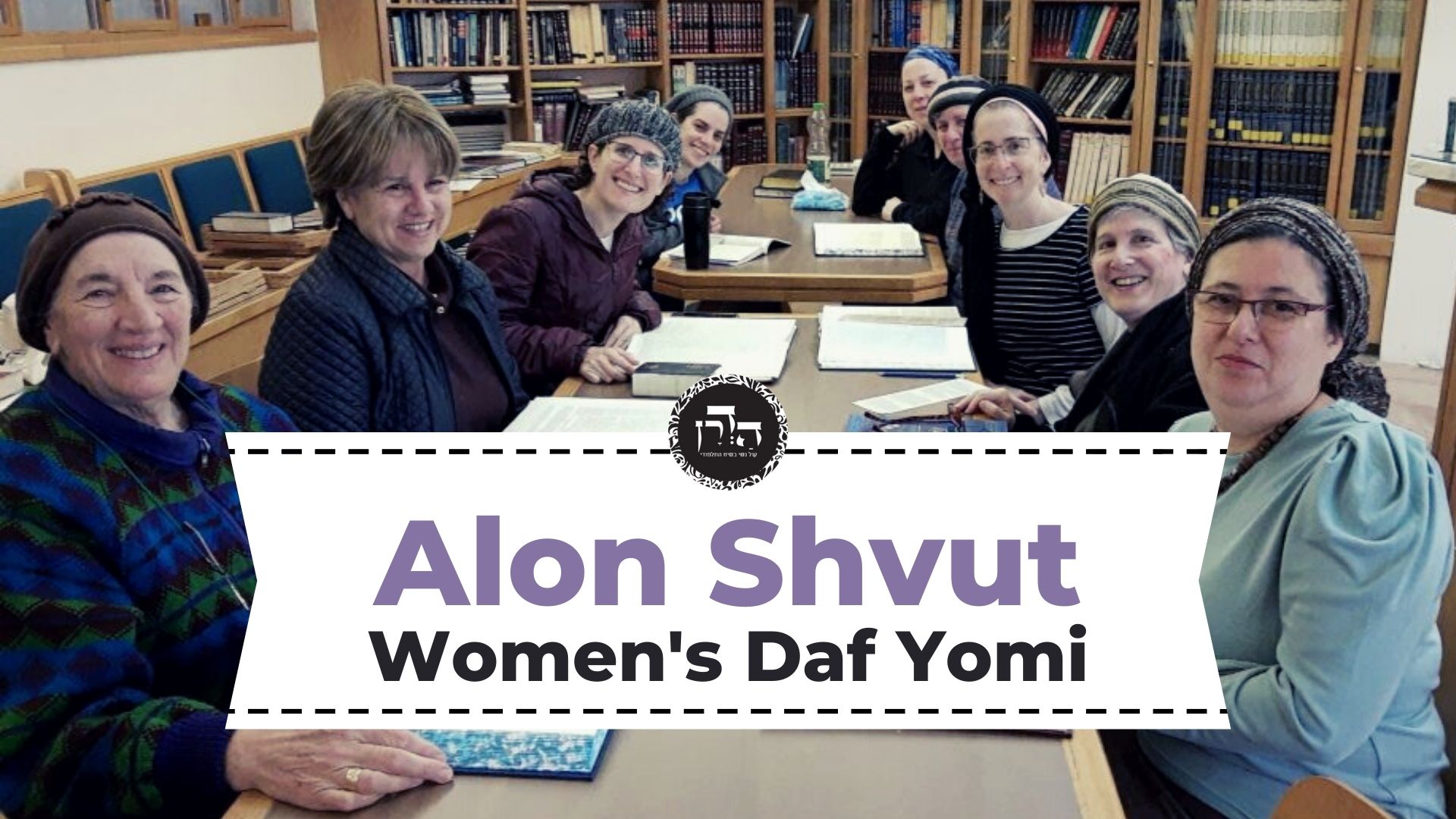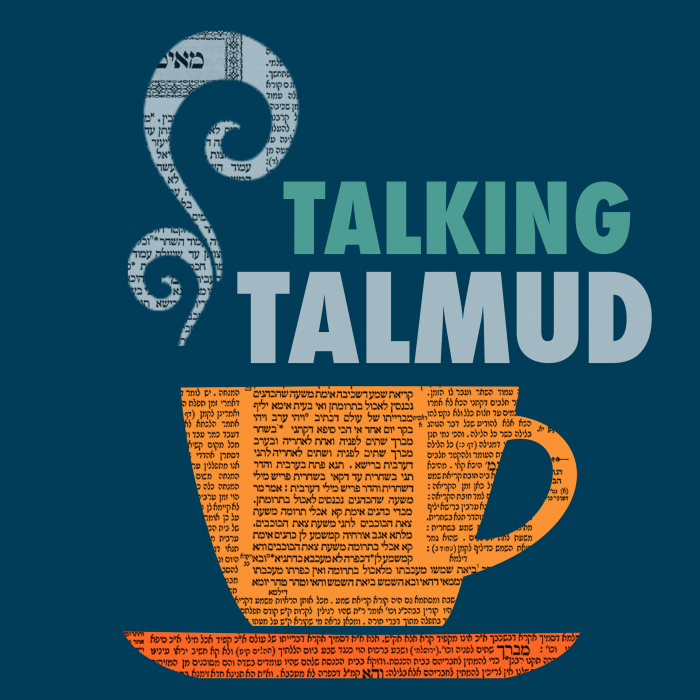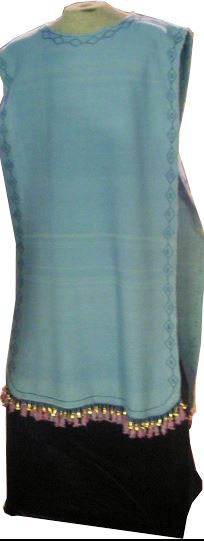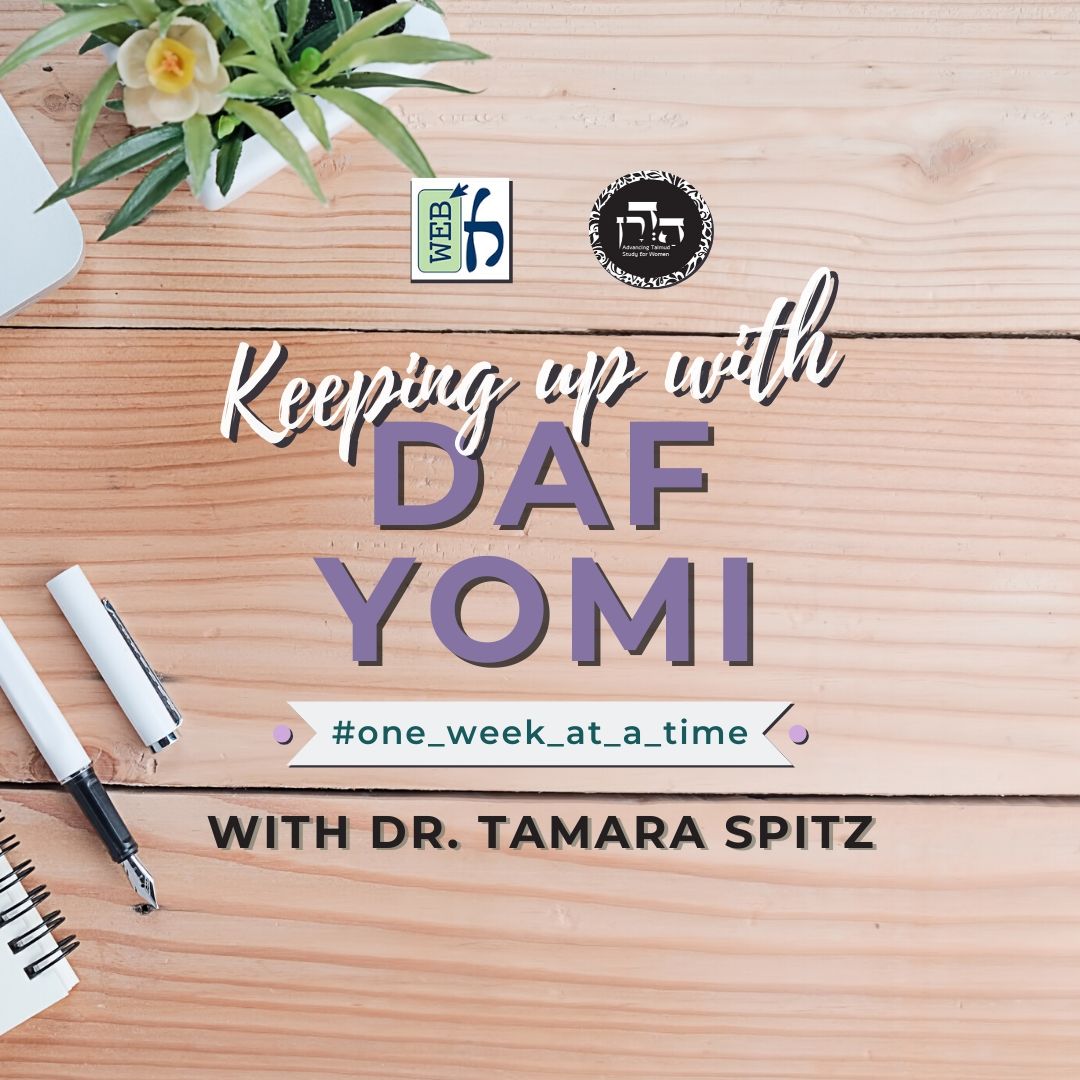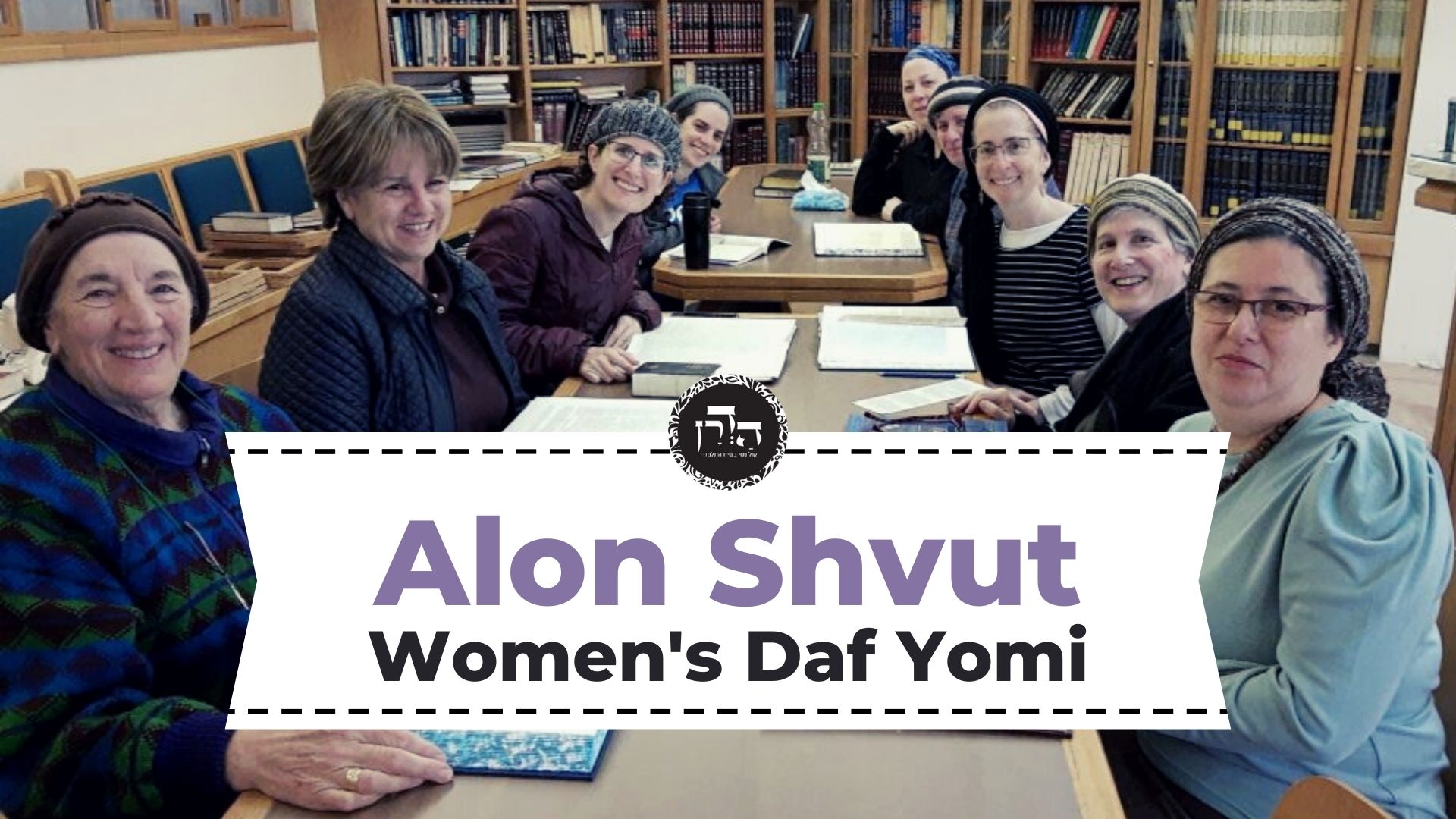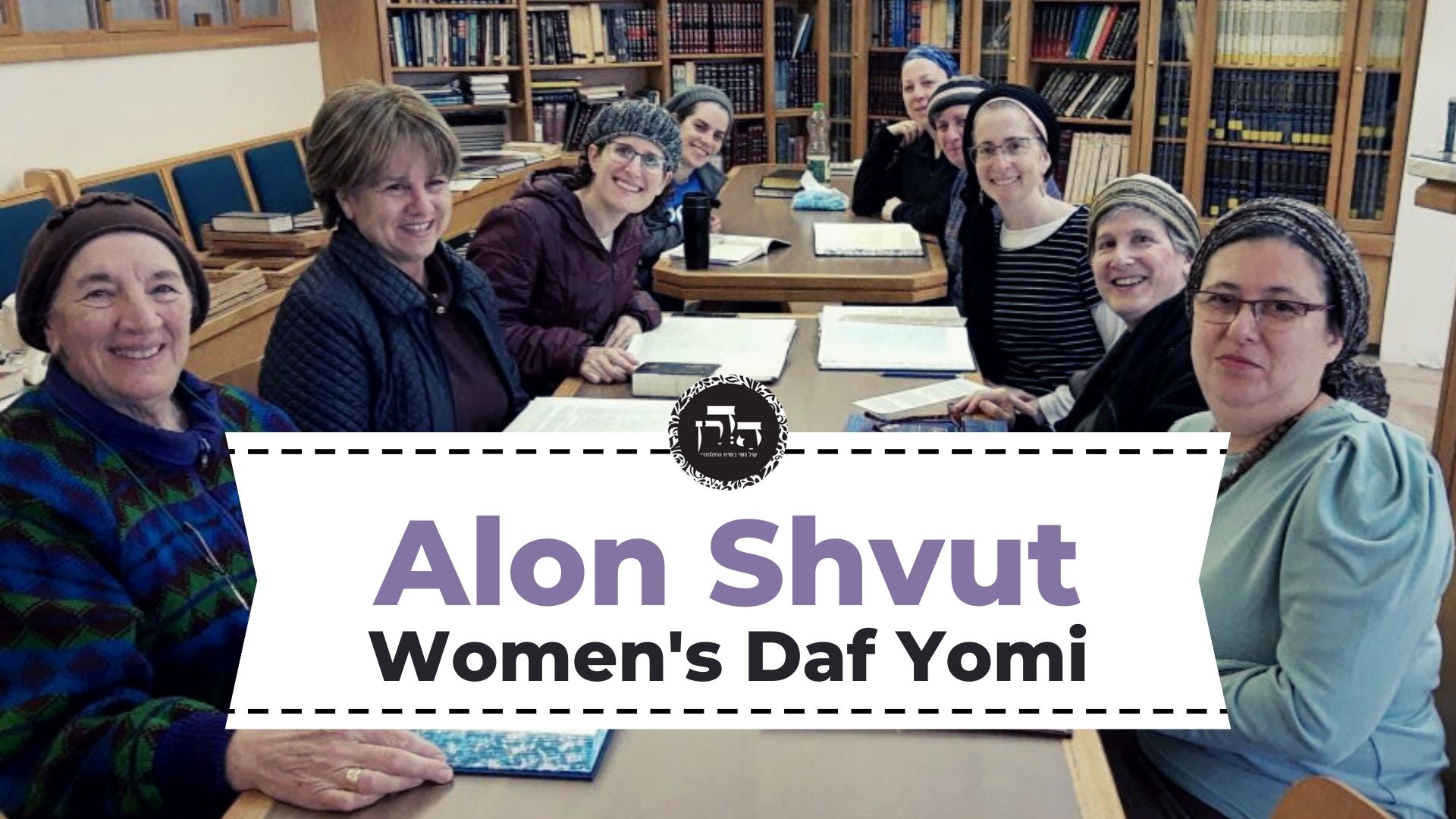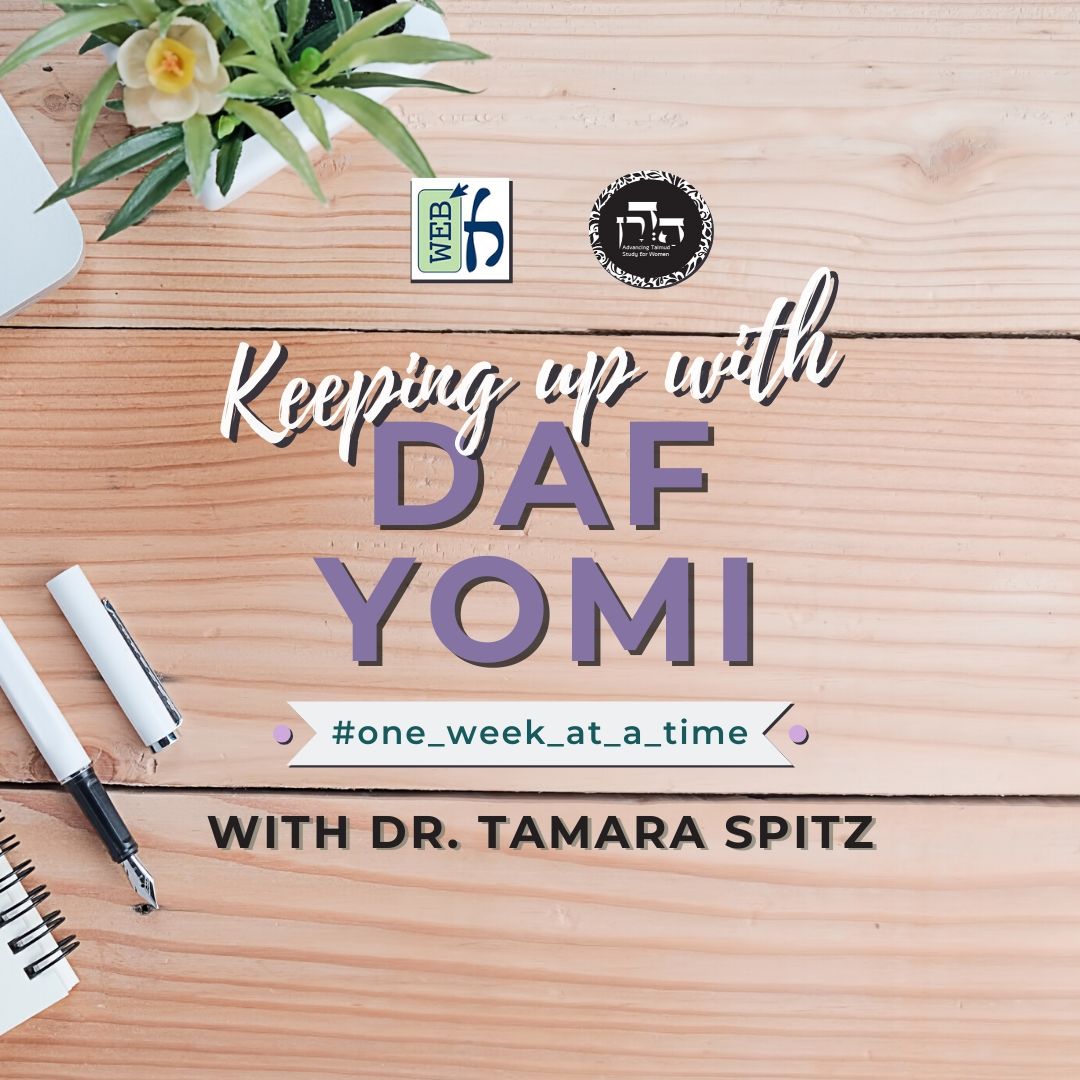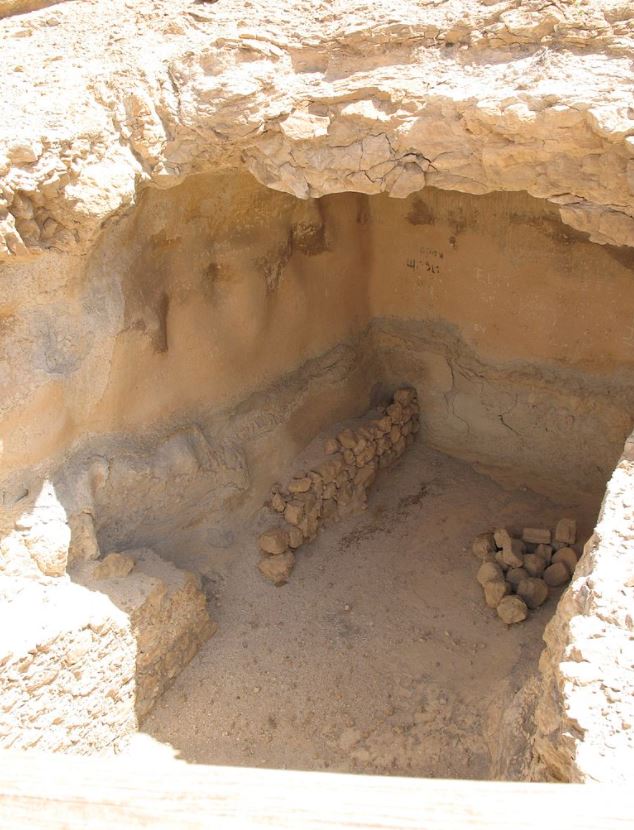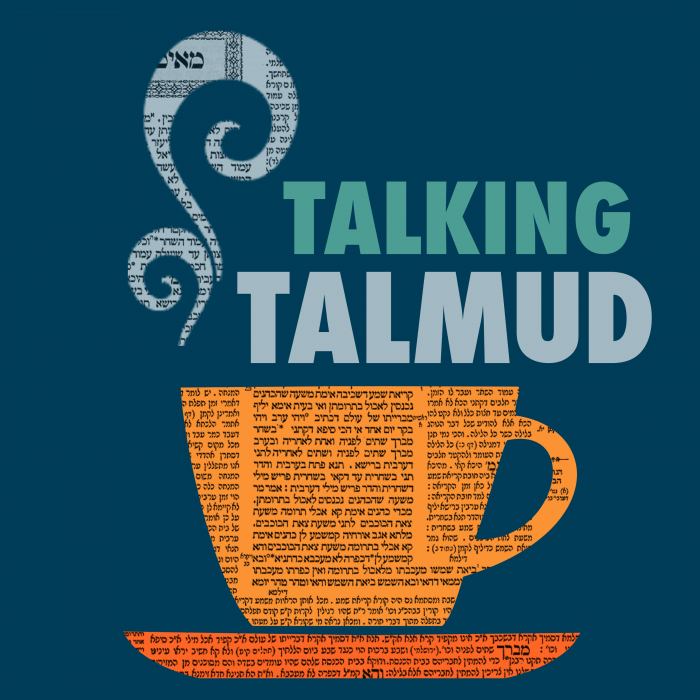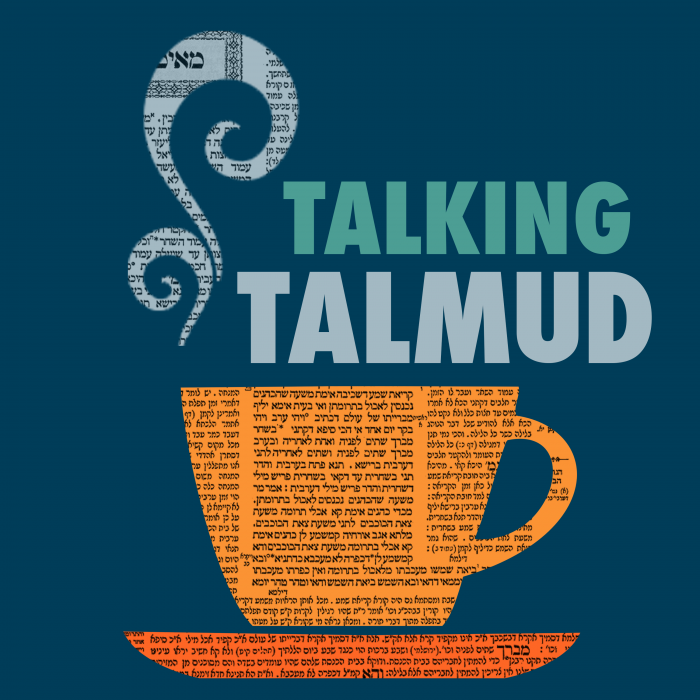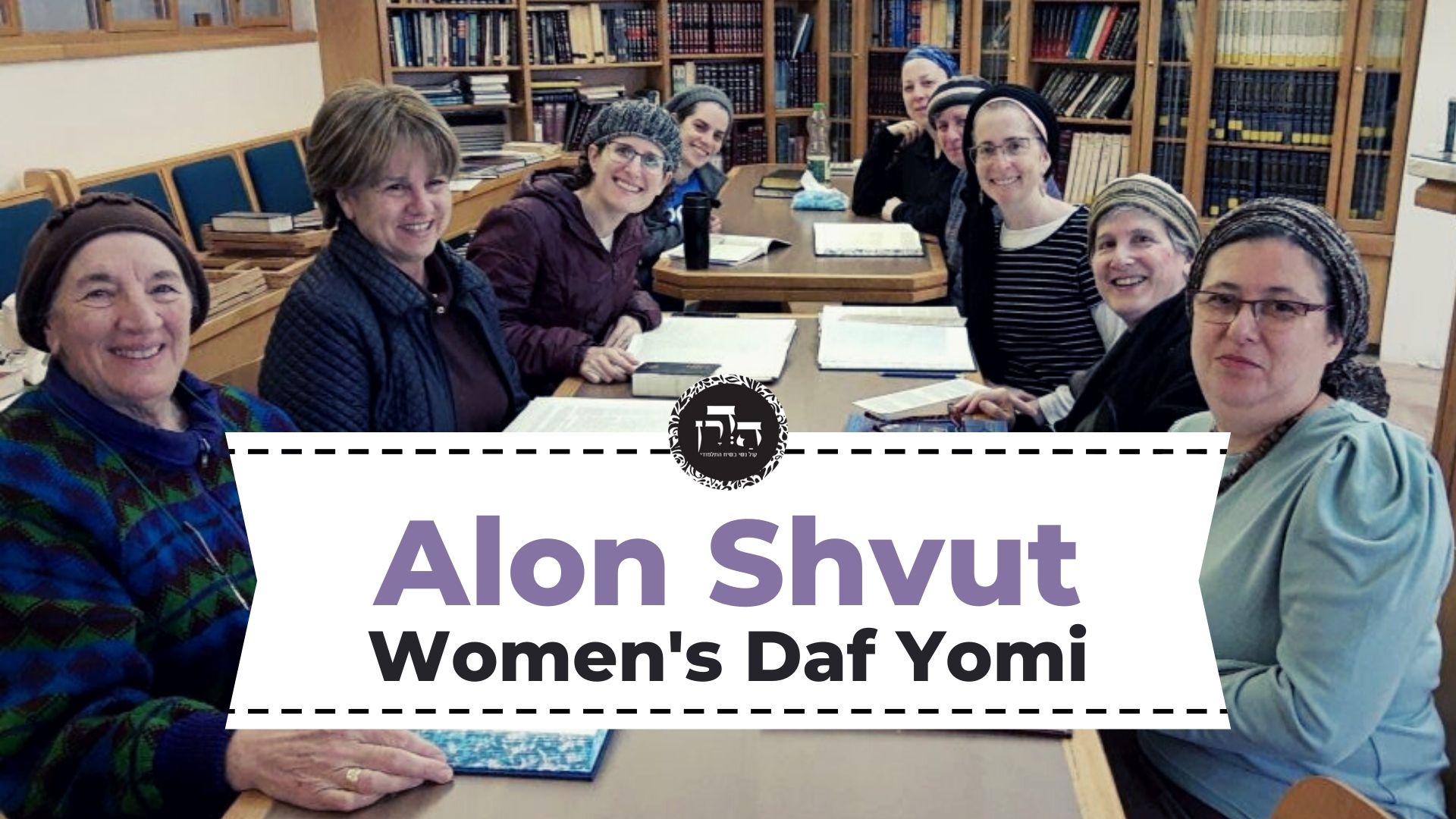Yoma 74
וְאַלִּיבָּא דְּרַבִּי עֲקִיבָא דְּאָמַר: אָדָם אוֹסֵר עַצְמוֹ בְּכׇל שֶׁהוּא!
and the mishna is in accordance with the opinion of Rabbi Akiva, who said: A man prohibits himself from any amount. If a man swears that he will not eat, he thereby prohibits himself from eating even the smallest amount of food. Therefore, Reish Lakish himself maintains that eating a half-measure does not constitute a prohibition.
וְכִי תֵּימָא: כֵּיוָן דְּאִית לֵיהּ הֶיתֵּר מִן הַתּוֹרָה, קָא חָיֵיל קׇרְבַּן שְׁבוּעָה, וְהָתְנַן: שְׁבוּעַת הָעֵדוּת אֵינָהּ נוֹהֶגֶת אֶלָּא בִּרְאוּיִין לְהָעִיד. וְהָוֵינַן בַּהּ: לְמַעוֹטֵי מַאי? רַב פָּפָּא אָמַר: לְמַעוֹטֵי מֶלֶךְ.
And if you say: Perhaps Reish Lakish maintains that since a half-measure is permitted by Torah law, despite the fact that it is prohibited by rabbinic law, one is liable to bring an offering for violating an oath, then there is the following problem: Didn’t we learn in a mishna: An oath of testimony where one is sworn to give testimony on something that he saw or knew, applies only to those who are eligible to give testimony. If one who is ineligible to testify swears an oath to give testimony, the oath is invalid even if he does not testify. And we discussed it: The statement: Those who are eligible to give testimony, comes to exclude what? After all, it was already said that the oath does not apply to women, relatives, and other disqualified people. Rav Pappa said: It comes to exclude a king. A king is not disqualified from giving testimony, but he does not testify before a court, due to the requirement to give respect to a king.
רַב אַחָא בַּר יַעֲקֹב אָמַר: לְמַעוֹטֵי מְשַׂחֵק בְּקוּבְיָא. וְהָא מְשַׂחֵק בְּקוּבְיָא — מִדְּאוֹרָיְיתָא מִיחְזֵי חֲזֵי, וְרַבָּנַן הוּא דְּפַסְלוּהוּ, וְלָא קָא חָיְילָא עֲלֵיהּ שְׁבוּעָה!
Rav Aḥa bar Ya’akov said: It comes to exclude one who plays with dice, whom the Sages disqualified from giving testimony. But surely one who plays with dice is eligible by Torah law to give testimony, and it is the Sages who disqualified him. Despite this, an oath of testimony does not apply to him by Torah law, even though the prohibition on his testifying is rabbinic.
שָׁאנֵי הָתָם דְּאָמַר קְרָא: ״אִם לֹא יַגִּיד״, וְהַאי לָאו בַּר הַגָּדָה הוּא כְּלָל.
The Gemara rejects this by distinguishing between the two cases: It is different there, in the case of testimony, where the verse states: “If he does not utter it, then he shall bear his iniquity” (Leviticus 5:1), i.e., a man who can testify but doesn’t do so should be punished. But this person cannot ever give testimony since the court will not accept his testimony. The Torah makes liability for an oath of testimony contingent on one’s ability to testify. Therefore, an oath of testimony would not apply to someone unable to testify. However, one who takes an oath not to eat is liable if he breaks that oath, notwithstanding the rabbinic prohibition against eating less than a measure of forbidden food. Consequently, this rejection does not stand, and the first explanation remains.
וְכׇל הֵיכָא דְּתָנֵי עָנוּשׁ כָּרֵת, לָא תָּנֵי אָסוּר? וְהָתַנְיָא: אַף עַל פִּי שֶׁאָמְרוּ אָסוּר בְּכוּלָּן — לֹא אָמְרוּ עָנוּשׁ כָּרֵת אֶלָּא עַל הָאוֹכֶל וְשׁוֹתֶה וְעוֹשֶׂה מְלָאכָה בִּלְבַד. הָכִי קָאָמַר: כְּשֶׁאָמְרוּ אָסוּר — לָא אָמְרוּ אֶלָּא בְּכַחֲצִי שִׁיעוּר, אֲבָל כְּשִׁיעוּר — עָנוּשׁ כָּרֵת. וְאַף עַל פִּי שֶׁעָנוּשׁ כָּרֵת — אֵין עָנוּשׁ כָּרֵת אֶלָּא אוֹכֵל וְשׁוֹתֶה וְעוֹשֶׂה מְלָאכָה בִּלְבַד.
§ The Gemara’s initial assumption is that the mishna’s use of the word prohibited is referring to a transgression not punishable by karet. The Gemara asks: And anywhere that it teaches that transgressing is punishable by karet, does it never teach using the word prohibited? Was it not taught in a baraita: Although they said the word prohibited with all of the five Yom Kippur afflictions, they said that the punishment of karet applies only to one who eats, or drinks, or performs prohibited labor. This means that the word prohibit is used with transgressions punishable by karet as well. The Gemara rejects this. This is what the baraita is saying: When they said that those five activities are prohibited, they said that only with regard to a half-measure; but a full measure is punishable by karet. And although a violation is punishable by karet, it is punishable by karet only if one eats, or drinks, or performs prohibited labor; these alone are the cases where karet is incurred.
וְאִי בָּעֵית אֵימָא: כִּי קָתָנֵי אָסוּר — אַשְּׁאָרָא. דְּתָנוּ רַבָּה וְרַב יוֹסֵף בִּשְׁאָר סִיפְרֵי דְבֵי רַב: מִנַּיִין לְיוֹם הַכִּפּוּרִים שֶׁאָסוּר בִּרְחִיצָה בְּסִיכָה וּבִנְעִילַת הַסַּנְדָּל וּבְתַשְׁמִישׁ הַמִּטָּה, תַּלְמוּד לוֹמַר: ״שַׁבָּתוֹן״ — שְׁבוּת.
And if you wish, say instead that when it is taught in the mishna using the language of prohibited, it is referring to the other transgressions, which do not incur karet. As Rabba and Rav Yosef taught this in other books of Rav’s school, i.e., the Sifrei, the halakhic midrash on Numbers and Deuteronomy: From where is it derived that it is prohibited to engage in bathing, and in smearing oil on one’s body, and in wearing shoes, and in having relations on Yom Kippur? The verse states: “Shabbaton” (Leviticus 16:31), meaning resting and refraining from certain activities. Therefore, the word prohibit is used with these activities, but they are not punishable by karet.
גּוּפָא. חֲצִי שִׁיעוּר, רַבִּי יוֹחָנָן אָמַר: אָסוּר מִן הַתּוֹרָה, רֵישׁ לָקִישׁ אָמַר: מוּתָּר מִן הַתּוֹרָה. רַבִּי יוֹחָנָן אָמַר אָסוּר מִן הַתּוֹרָה: כֵּיוָן דַּחֲזִי לְאִיצְטְרוֹפֵי, אִיסּוּרָא קָא אָכֵיל. רֵישׁ לָקִישׁ אָמַר מוּתָּר מִן הַתּוֹרָה: אֲכִילָה אָמַר רַחֲמָנָא, וְלֵיכָּא.
§ Apropos the dispute between Rabbi Yoḥanan and Reish Lakish, the Gemara deals with the matter itself: What is the law with regard to a half-measure? Rabbi Yoḥanan said: It is prohibited by Torah law. Reish Lakish said: It is permitted by Torah law. The Gemara elaborates: Rabbi Yoḥanan said it is prohibited by Torah law because it is fit to combine with another half-measure. If one continues to eat more, he will eat a whole measure, which is punishable by Torah law. Therefore, even when he eats the first half-measure he is eating forbidden food. Reish Lakish said it is permitted by Torah law. His reason is as follows: With regard to all forbidden foods, the Merciful One states in the Torah: “Eat,” for example in the verse: “You shall eat neither fat nor blood” (Leviticus 3:17). Eating is defined as consuming a minimum of an olive-bulk, and there is no prohibition if one eats less than an olive-bulk.
אֵיתִיבֵיהּ רַבִּי יוֹחָנָן לְרֵישׁ לָקִישׁ: אֵין לִי אֶלָּא כֹּל שֶׁיֶּשְׁנוֹ בְּעוֹנֶשׁ יֶשְׁנוֹ בְּאַזְהָרָה, כּוֹי וַחֲצִי שִׁיעוּר, הוֹאִיל וְאֵינוֹ בְּעוֹנֶשׁ — יָכוֹל אֵינוֹ בְּאַזְהָרָה, תַּלְמוּד לוֹמַר: ״כׇּל חֵלֶב״! מִדְּרַבָּנַן, וּקְרָא — אַסְמַכְתָּא בְּעָלְמָא.
Rabbi Yoḥanan raised an objection to the opinion of Reish Lakish from what was taught in a baraita with regard to the prohibition of forbidden fat: I have derived only that anything that is included in the punishment of karet is included in the prohibition. However, one might have thought that there is no prohibition to eat fat of a koy, or a half-measure of forbidden fat, since there is no punishment for those. Therefore, the verse states: “All fat” (Leviticus 7:23), indicating that there is a prohibition to eat any kind of fat, including fat of uncertain status and a half-measure of fat. Therefore, a half-measure of fat is prohibited by Torah law. Reish Lakish rejects this argument: This prohibition is rabbinic, and the verse brought as a proof is a mere support. It cannot be claimed that there is such a prohibition by Torah law.
הָכִי נָמֵי מִסְתַּבְּרָא, דְּאִי סָלְקָא דַעְתָּךְ דְּאוֹרָיְיתָא, כּוֹי סְפֵיקָא הוּא, אִיצְטְרִיךְ קְרָא לְאֵתוֹיֵי סְפֵיקָא? אִי מִשּׁוּם הָא — לָא אִירְיָא, קָסָבְרִי
The Gemara comments: So too, it is reasonable to say that the baraita cites only the verse as a support and not as a source to prove the prohibition. For if it could enter your mind that this teaching constitutes a prohibition by Torah law, there is uncertainty whether a koy is a wild beast or a domestic animal. Is a verse necessary to include an uncertainty? There is no doubt before God and therefore no purpose in writing a case of doubt in the Torah. Consequently, the baraita cites the verse only as a support. The Gemara answers: If that is the reason, there is no conclusive argument. The Sages of the baraita might have thought
כּוֹי בְּרִיָּה בִּפְנֵי עַצְמָהּ הִיא. דְּאִי לָא תֵּימָא הָכִי, הָא דְּאָמַר רַב אִידִי בַּר אָבִין: אַף ״כׇּל״ לְאֵתוֹיֵי כּוֹי, כּוֹי סְפֵיקָא הוּא, אִיצְטְרִיךְ קְרָא לְרַבּוֹיֵי סְפֵיקָא? אֶלָּא בְּרִיָּה שָׁאנֵי, הָכָא נָמֵי בְּרִיָּה שָׁאנֵי.
that a koy is its own species, and the uncertainty pertains not only to whether it is a wild or domestic animal, but also to whether it even can fit into one of those two categories. For if you do not say so and maintain that it might be its own species, how can we understand that which Rav Idi bar Avin said, that also the word “all” stated in the verse: “All blood you may not eat, whether of birds or of beasts” (Leviticus 7:26), comes to include the koy. Now, if you say that the koy is a case of uncertainty, is a verse necessary to include an uncertainty? Rather, the koy is obviously its own species, and therefore it is different and needs a special verse to include it. Here too, in the case of the forbidden fat, we could say that the koy is its own species, and therefore it is different. Consequently, Reish Lakish’s opinion cannot be proven by this baraita.
תָּנוּ רַבָּנַן: ״תְּעַנּוּ אֶת נַפְשׁוֹתֵיכֶם״, יָכוֹל יֵשֵׁב בַּחַמָּה אוֹ בַּצִּנָּה כְּדֵי שֶׁיִּצְטַעֵר — תַּלְמוּד לוֹמַר: ״וְכׇל מְלָאכָה לֹא תַעֲשׂוּ״. מָה מְלָאכָה שֵׁב וְאַל תַּעֲשֶׂה, אַף עִנּוּי נֶפֶשׁ שֵׁב וְאַל תַּעֲשֶׂה.
§ After clarifying the wording of the mishna, the Gemara brings a halakhic midrash to analyze the mishna’s laws. The Sages taught: The verse states: “And this shall be a statute to you forever: In the seventh month on the tenth day of the month you shall afflict your souls” (Leviticus 16:29). I might have thought that one should sit in the sun or in the cold to suffer and afflict his soul; therefore the continuation of the verse states: “And you shall not do any labor, the home-born, or the stranger that lives among you” (Leviticus 16:29). This teaches that just as prohibited labor is a mitzva that requires one to sit and do nothing, as one is commanded to refrain from action, so too, affliction of one’s soul is also a mitzva requiring one to sit and do nothing. One is not commanded to be proactive in order to afflict his soul. Rather, one must refrain from specified actions such as eating and drinking.
וְאֵימָא: הֵיכָא דְּיָתֵיב בְּשִׁימְשָׁא וְחָיֵים לֵיהּ לָא נֵימָא לֵיהּ קוּם תּוּב בְּטוּלָּא, יָתֵיב בְּטוּלָּא וְקָרֵיר לֵיהּ לָא נֵימָא לֵיהּ קוּם תּוּב בְּשִׁימְשָׁא! דּוּמְיָא דִּמְלָאכָה: מָה מְלָאכָה לֹא חִלַּקְתָּ בָּהּ, אַף עִנּוּי לֹא תַּחְלוֹק בּוֹ.
The Gemara asks: And say that it means that when one sits in the sun and it is too hot for him, we do not say to him: Get up and sit in the shade. Or, if one sits in the shade and it is too cold for him, we do not say to him: Get up and sit in the sun. These are also cases of affliction involving sitting and doing nothing. The Gemara rejects this: It must be similar to the prohibition of labor. Just as with regard to prohibited labor you did not distinguish between situations, since the prohibition is independent of one’s personal circumstance, so too, you do not distinguish with regard to affliction, which is not affected by one’s circumstance.
תַּנְיָא אִידַּךְ: ״תְּעַנּוּ אֶת נַפְשׁוֹתֵיכֶם״, יָכוֹל יֵשֵׁב בַּחַמָּה וּבַצִּנָּה וְיִצְטַעֵר — תַּלְמוּד לוֹמַר: ״וְכׇל מְלָאכָה לֹא תַעֲשׂוּ״, מָה מְלָאכָה דָּבָר שֶׁחַיָּיבִין עָלָיו בִּמְקוֹם אַחֵר, אַף עִנּוּי נֶפֶשׁ שֶׁחַיָּיבִין עָלָיו בִּמְקוֹם אַחֵר, וְאִי זֶה זֶה? זֶה פִּגּוּל וְנוֹתָר.
It was taught in another baraita that as the verse states: “You shall afflict your souls” (Leviticus 16:29), I might have thought that one must sit in the sun or the cold and be uncomfortable; therefore, the continuation of the verse states: “And you shall not do any labor” (Leviticus 16:29). Just as prohibited labor is something that incurs karet in other circumstances, like Shabbat, so too, affliction relates to acts that in other circumstances incur karet. And what is that circumstance? That is referring to piggul and notar, which lead to karet if eaten, and which therefore may not be eaten on Yom Kippur.
אָבִיא פִּגּוּל וְנוֹתָר שֶׁהֵן בְּכָרֵת, וְלֹא אָבִיא אֶת הַטֶּבֶל שֶׁאֵינוֹ בְּכָרֵת, תַּלְמוּד לוֹמַר: ״תְּעַנּוּ״, ״וְעִנִּיתֶם אֶת נַפְשׁוֹתֵיכֶם״ — רִיבָּה.
The baraita continues: I will include the categories of piggul and notar, for which one is punished with karet if eaten during the year, but I will not include untithed produce, which does not cause one to incur the punishment of karet if eaten. Therefore, the verse states: “You shall afflict” (Leviticus 16:29), and it also states: “And you shall afflict your souls” (Leviticus 16:31). The Torah comes to include another affliction of a serious eating prohibition, i.e. untithed produce.
אָבִיא הַטֶּבֶל שֶׁהוּא בְּמִיתָה וְלֹא אָבִיא אֶת הַנְּבֵילָה שֶׁאֵינָהּ בְּמִיתָה — תַּלְמוּד לוֹמַר: ״תְּעַנּוּ״, ״וְעִנִּיתֶם אֶת נַפְשׁוֹתֵיכֶם״ — רִיבָּה.
The baraita continues: I will include untithed produce, for which one receives death at the hand of Heaven; but I will not include an unslaughtered animal carcass, which, although it is prohibited for consumption, one who eats it is not punishable by death at the hands of Heaven. Therefore, the verse states “you shall afflict” and also “and you shall afflict your souls.” The Torah includes foods that are associated with a prohibition even if one who eats them is not punishable by death.
אָבִיא אֶת הַנְּבֵילָה שֶׁהוּא בְּלָאו, וְלֹא אָבִיא אֶת הַחוּלִּין שֶׁאֵינָן בְּלָאו? תַּלְמוּד לוֹמַר: ״תְּעַנּוּ״, ״וְעִנִּיתֶם אֶת נַפְשׁוֹתֵיכֶם״ — רִיבָּה.
The baraita continues: I will include an unslaughtered animal carcass, which is prohibited by a negative mitzva, but I will not include non-sacred, regular food, which is not prohibited by a negative mitzva. Therefore, the verse states both “you shall afflict” and “and you shall afflict your souls.” Although non-sacred food is not prohibited in general, the Torah includes it in the prohibition of eating on Yom Kippur.
אָבִיא הַחוּלִּין שֶׁאֵינָן בְּקוּם אֱכוֹל, וְלֹא אָבִיא אֶת הַתְּרוּמָה שֶׁהִיא בְּקוּם אֱכוֹל, תַּלְמוּד לוֹמַר: ״תְּעַנּוּ״, ״וְעִנִּיתֶם אֶת נַפְשׁוֹתֵיכֶם״ — רִיבָּה. אָבִיא אֶת הַתְּרוּמָה שֶׁאֵינָהּ בְּבַל תּוֹתִירוּ, וְלֹא אָבִיא אֶת הַקֳּדָשִׁים שֶׁהֵן בְּבַל תּוֹתִירוּ, תַּלְמוּד לוֹמַר: ״תְּעַנּוּ״, ״וְעִנִּיתֶם אֶת נַפְשׁוֹתֵיכֶם״ — רִיבָּה.
The baraita continues: I will include non-sacred food, which is not associated with any positive mitzva to arise and eat, i.e., there is no obligation to eat non-sacred food; but I will not include teruma, which one is required to arise and eat, as priests are commanded to eat teruma. Therefore, the verse states “you shall afflict” and “and you shall afflict your souls.” The Torah includes teruma as well in the foods one is prohibited to eat on Yom Kippur. I will include teruma, which is not subject to the command: “You shall not leave over” (Leviticus 22:30), since teruma need not be consumed within a specific time, but I will not include sacred food, which is subject to the command “you shall not leave over”; it is prohibited to leave the meat uneaten after a certain amount of time. Therefore, the verse states “you shall afflict” and “and you shall afflict your souls,” to include the category of sacred food in the prohibition of eating on Yom Kippur. Consequently, the Gemara has demonstrated that it is prohibited to eat any type of food on Yom Kippur.
וְאִם נַפְשְׁךָ לוֹמַר, הֲרֵי הוּא אוֹמֵר: ״וְהַאֲבַדְתִּי אֶת הַנֶּפֶשׁ הַהִיא״, עִנּוּי שֶׁהוּא אֲבֵידַת הַנֶּפֶשׁ, וְאֵי זֶה זֶה? זֶה אֲכִילָה וּשְׁתִיָּה.
And if it is your wish to say something to challenge this reasoning, the Gemara brings an additional proof: Surely, the verse states with regard to one who violates Yom Kippur: “I will destroy that soul from among his people” (Leviticus 23:30). Therefore, affliction is something that destroys a soul. And what is that? That is refraining from eating and drinking, since someone who does not eat and drink at all will die. The Torah is not referring to other afflictions that do not lead to death. These are the words of the baraita.
מַאי ״וְאִם נַפְשְׁךָ לוֹמַר״? וְכִי תֵּימָא: בַּעֲרָיוֹת קָא מִישְׁתַּעֵי קְרָא, — הֲרֵי הוּא אוֹמֵר: ״וְהַאֲבַדְתִּי הַנֶּפֶשׁ״, עִנּוּי שֶׁיֵּשׁ בּוֹ אֲבֵידַת נֶפֶשׁ, וְאֵי זֶה זֶה? זֶה אֲכִילָה וּשְׁתִיָּה.
The Gemara explains: What is meant by: And if it is your wish to say? What flaw did the first proof have? The Gemara explains: And if you say the verse is discussing relations with those with whom relations are forbidden, avoidance of which is also called affliction, and it is not discussing eating and drinking, the verse states: I will destroy that soul, meaning an affliction that can cause death. And what is that? That is refraining from eating and drinking.
דְּבֵי רַבִּי יִשְׁמָעֵאל תָּנָא: נֶאֱמַר כָּאן עִנּוּי, וְנֶאֱמַר לְהַלָּן עִנּוּי. מָה לְהַלָּן עִנּוּי רְעָבוֹן, אַף כָּאן עִנּוּי רְעָבוֹן.
The school of Rabbi Yishmael taught the following concerning the nature of Yom Kippur: The word affliction is stated here with regard to Yom Kippur, and the word affliction is stated further on in a different place, concerning the Jews in the desert: “And He afflicted you and caused you to hunger” (Deuteronomy 8:3). Just as further on the meaning of affliction is hunger, so too, here, the meaning of the word affliction is hunger.
וְנֵילַף מֵ״אִם תְּעַנֶּה אֶת בְּנוֹתַי״? דָּנִין עִנּוּי דְּרַבִּים מֵעִנּוּי דְּרַבִּים, וְאֵין דָּנִין עִנּוּי דְּרַבִּים מֵעִנּוּי דְּיָחִיד.
The Gemara asks: And let us derive it not from the verse that indicates affliction of hunger but from the verse where Laban warns Jacob: “If you shall afflict my daughters” (Genesis 31:50), which is referring not to hunger but to marital relations. The Gemara answers: We derive affliction commanded to the public on Yom Kippur from affliction relating to the public, i.e., the Jewish people in the desert, and we do not derive affliction of the public from affliction of an individual, as in the case of Jacob’s wives.
וְנֵילַף מֵעִנּוּי דְּמִצְרַיִם, דִּכְתִיב: ״וַיַּרְא אֶת עׇנְיֵנוּ״, וְאָמְרִינַן: זוֹ פְּרִישׁוּת דֶּרֶךְ אֶרֶץ! אֶלָּא: דָּנִין עִנּוּי בִּידֵי שָׁמַיִם מֵעִנּוּי בִּידֵי שָׁמַיִם, וְאֵין דָּנִין עִנּוּי בִּידֵי שָׁמַיִם מֵעִנּוּי בִּידֵי אָדָם.
The Gemara continues to challenge the view of Rabbi Yishmael: And let us derive it from affliction stated with regard to Egypt, as it is written: “And He saw our affliction” (Deuteronomy 26:7). We say that this verse is referring to abstinence from conjugal relations. The Egyptians prevented the Jewish people from having relations. This affliction is an example of public affliction that is not abstention from eating or drinking. Rather, the prohibition to eat or drink on Yom Kippur should not be learned as stated previously, but as follows: We derive affliction by the hand of God from affliction by the hand of God, i.e., affliction caused directly by God or through His mitzvot; and we do not derive affliction by the hand of God from affliction by the hand of man.
״הַמַּאֲכִילְךָ מָן בַּמִּדְבָּר … לְמַעַן עַנּוֹתְךָ״? רַבִּי אַמֵּי וְרַבִּי אַסִּי, חַד אָמַר: אֵינוֹ דּוֹמֶה מִי שֶׁיֵּשׁ לוֹ פַּת בְּסַלּוֹ לְמִי שֶׁאֵין לוֹ פַּת בְּסַלּוֹ, וְחַד אָמַר: אֵינוֹ דּוֹמֶה מִי שֶׁרוֹאֶה וְאוֹכֵל לְמִי שֶׁאֵינוֹ רוֹאֶה וְאוֹכֵל.
§ Apropos the verse: “And he afflicted you and caused you to hunger, and fed you with manna” (Deuteronomy 8:3), the Gemara expounds related verses. The Torah states: “Who feeds you manna in the desert which your fathers did not know, in order to afflict you” (Deuteronomy 8:16). What affliction was there in eating the manna? Rabbi Ami and Rabbi Asi disagreed on the matter. One said: There is no comparison between one who has bread in his basket and one who does not have bread in his basket. The affliction in eating the manna lay in there being no leftover food for the next day. Each day the people worried that they might not have any food to eat the next day. And one said: There is no comparison between one who sees the food and eats it and one who does not see the food and eats it. Though the manna could taste like anything, it always looked the same and did not look as it tasted. Being unable to see the food that they tasted was an affliction.
אָמַר רַב יוֹסֵף: מִכָּאן רֶמֶז לְסוֹמִין, שֶׁאוֹכְלִין וְאֵין שְׂבֵעִין. אָמַר אַבָּיֵי: הִלְכָּךְ, מַאן דְּאִית לֵיהּ סְעוֹדְתָּא לָא לֵיכְלַהּ אֶלָּא בִּימָמָא. אֲמַר רַבִּי זֵירָא, מַאי קְרָא: ״טוֹב מַרְאֵה עֵינַיִם מֵהֲלׇךְ נָפֶשׁ״. אָמַר רֵישׁ לָקִישׁ: טוֹב מַרְאֵה עֵינַיִם בְּאִשָּׁה יוֹתֵר מִגּוּפוֹ שֶׁל מַעֲשֶׂה, שֶׁנֶּאֱמַר: ״טוֹב מַרְאֵה עֵינַיִם מֵהֲלׇךְ נָפֶשׁ״.
Rav Yosef said: From here there is an allusion to the idea that blind people eat but are not fully satisfied when they eat because they cannot see their food. Seeing the food contributes to the enjoyment of eating. Abaye said: Therefore, from what we have just learned, one who has a meal should eat it only during daytime, when there is light to see the food that is being eaten. Rabbi Zeira said: What is the verse that alludes to this? “Better is the seeing of the eyes than the wandering of the desire” (Ecclesiastes 6:9). On the same verse, Reish Lakish said: The sight of a woman is better than the actual act of relations, as it is stated: “Better is the seeing of the eyes than the wandering of the desire.”
״כִּי יִתֵּן בַּכּוֹס עֵינוֹ יִתְהַלֵּךְ בְּמֵישָׁרִים״, רַבִּי אַמֵּי וְרַבִּי אַסִּי, חַד אָמַר: כׇּל הַנּוֹתֵן
§ Apropos the dispute between Rabbi Ami and Rabbi Asi, the Gemara continues with another dispute they had with regard to the correct interpretation of a verse. It is stated: “Do not look upon the wine when it is red, when it gives its color in the cup, when it glides down smoothly [bemeisharim]” (Proverbs 23:31). Rabbi Ami and Rabbi Asi disagreed. One said: Whoever casts



